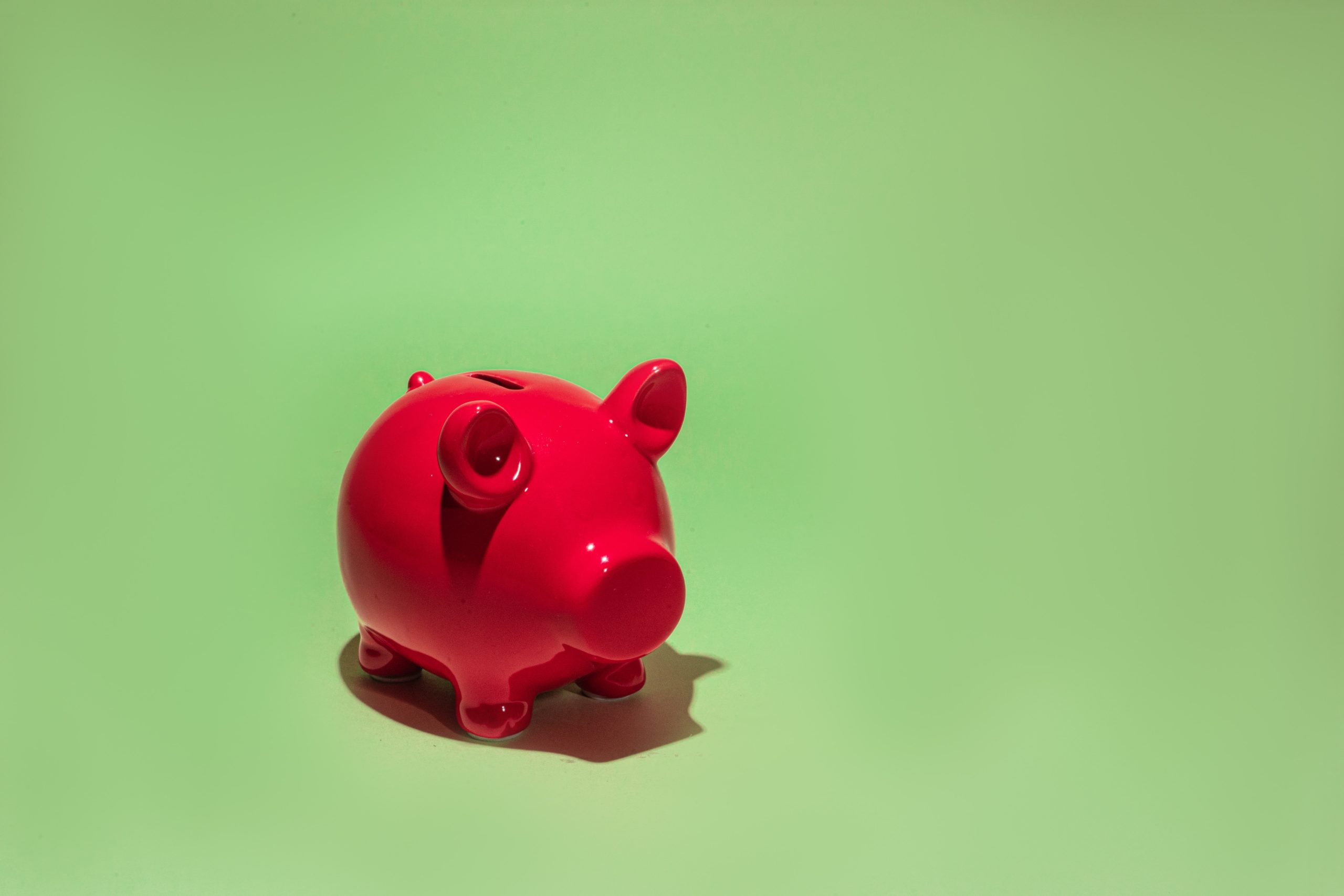How Checking and Savings Accounts Help Your Financial Goals

Having your own bank accounts will set you up for financial success. You can get access to your money faster, take care of bills on your phone or laptop, and easily track your spending so you can make wise money choices for yourself and your family.
Banks Accounts Keep Your Money Safe
When you pay someone from your checking account (either through an e-check or debit card), you automatically have a paper trail of your transaction. This means you can dispute fraudulent charges, track your spending, or quickly notice if you were underpaid. If you lose your bank cards, accidentally share your PIN, or misplace your account numbers, you can easily freeze your account to prevent your money from being stolen. This is way more convenient and secure than paying with cash!
You Can Earn Interest
A lot of savings accounts pay interest. This means that the bank will actually pay you to keep your money in their account. You’ll earn a small percentage every month based on the amount of money consistently held in your savings account.
They’re Convenient
Some people think that checking and savings accounts will make it harder to access your money, but that’s not the case. Having bank accounts means you can take out cash from most ATMs (just make sure to use your own bank’s ATM whenever possible to avoid fees). Most banks have mobile apps, so you can transfer money between accounts on your phone. You can also pay bills, order things online, and more with a few clicks. Many jobs offer direct deposit, meaning that your paycheck can be deposited into your bank account on payday. Some banks will even make your paycheck available the day before payday so you’ll have access to your money sooner.
Banks Versus Check Cashing Services
Banks are a much less expensive option than checking cashing services. Check cashing services can charge up to 12% or more per check. Someone who makes $12 and hour and works full time would spend $3,000 every year in check cashing fees. Imagine what you could do with that money. While some banks charge small fees for checking accounts, but these are usually much lower than the fees charged by check cashing services.
Avoiding Bank Fees
With some planning, you can usually avoid paying checking account fees. here are a lot of banks that offer low fee accounts to young adults, college students, and other special populations. Additionally, credit unions and other smaller banks typically have low-to-no fees for their services. Plus, you can often avoid checking account fees by keeping a minimum balance and making sure you do not overdraw your account (take out more money that you have). Also, most banks charge $2 or more if you use an ATM at a different bank. Try to avoid this, as these fees can add up fast!
